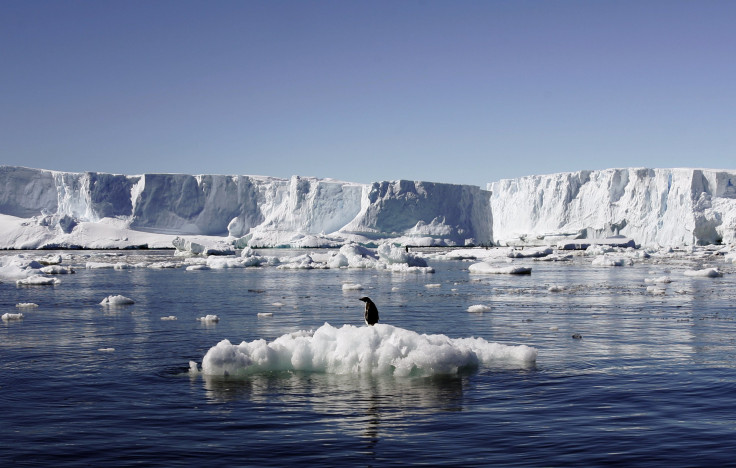Vox Editor Says He's a 'Climate Pessimist,' Gives 7 Reasons Why the World is Doomed

Climate change pessimists got their rallying cry today in Vox’s 3,000-word missive on why our planet is completely screwed, a post which ricocheted around the Web and attracted plenty of allies.
“I don’t believe the United States—or the world—will do nearly enough, nearly fast enough, to hold the rise in temperatures to safe levels,” Ezra Klein, the site’s editor-in-chief, wrote on Thursday morning. “On climate change, the truth has gone from inconvenient to awful.”
The post (“7 Reasons America Will Fail on Climate Change”) comes just days after the Obama administration proposed long-awaited emissions regulations for U.S. power plants—rules that some environmentalists have argued don’t do enough to curb America’s contribution to global warming, according to ClimateWire.
Klein’s story lists seven reasons why he’s a self-proclaimed “climate pessimist,” including that the United States and other big polluters have waited so long to take action that avoiding catastrophic impacts might now be impossible.
Reactions to the Vox piece on Twitter generally struck a note of solidarity, though some people noted that the title’s U.S. focus could be expanded to implicate the entire world. Klein and Vox Senior Editor Brad Plumer opened the post to comments, which as of 3 p.m. ET was seemingly troll-free.
Climate expert Andrew Dessler, a professor at Texas A&M University, said he agreed with Klein on most points, though he disagreed with Klein's assertion that international cooperation on climate change is likely impossible. While Klein said that geoengineering— a host of proposed technologies to counteract greenhouse gas emissions—is “nuts,” Dessler said he thinks we shouldn't rule it out just yet.
Dessler added that he found the Vox post to be “unnecessarily pessimistic” in assuming that the world is unlikely to ever take climate action. “I remain optimistic that we’ll figure some way out of this problem,” he told International Business Times. “Don’t bet against the cleverness of humanity.”
© Copyright IBTimes 2025. All rights reserved.





















